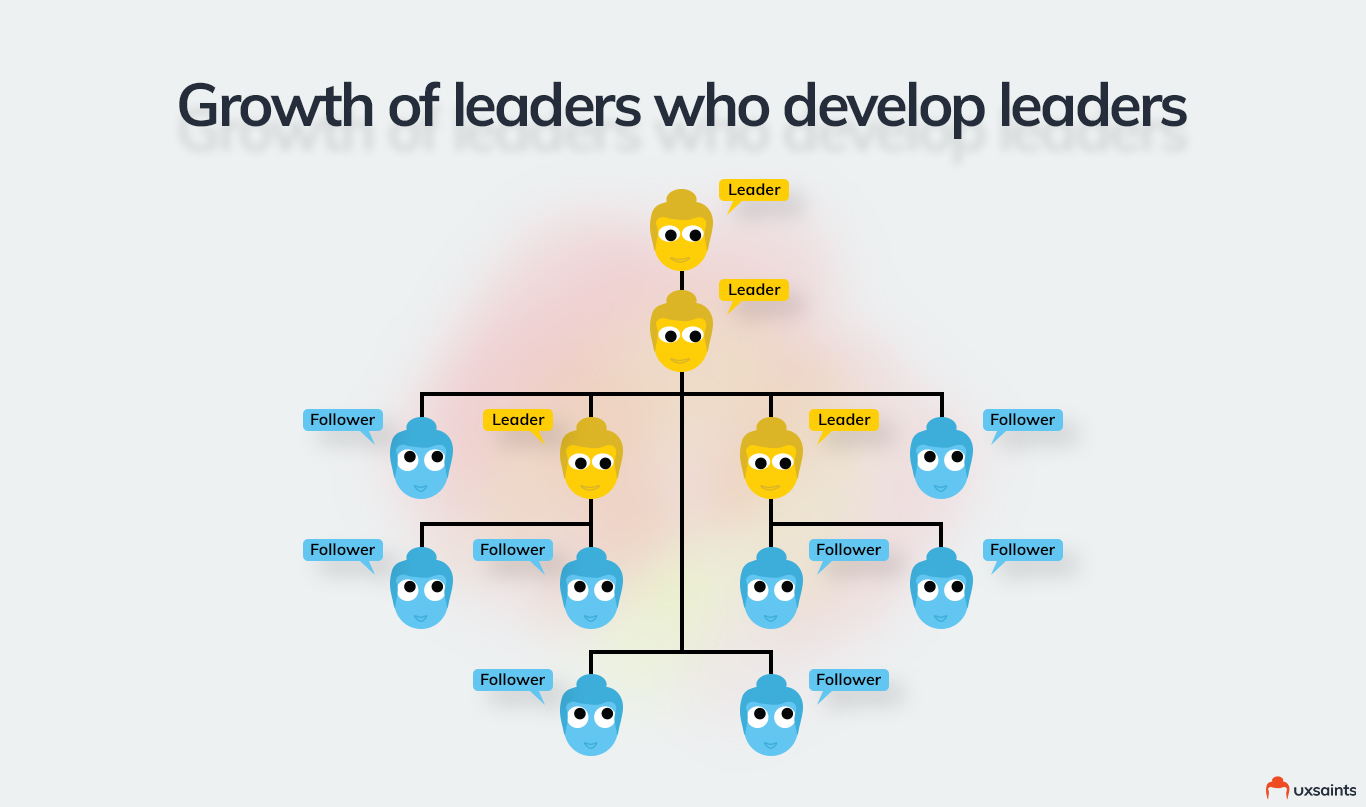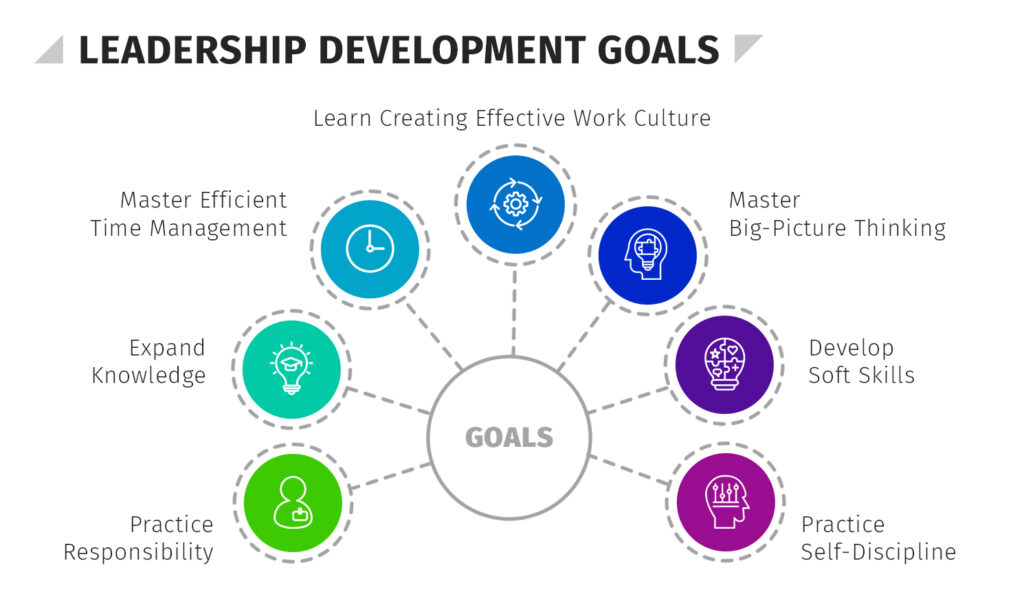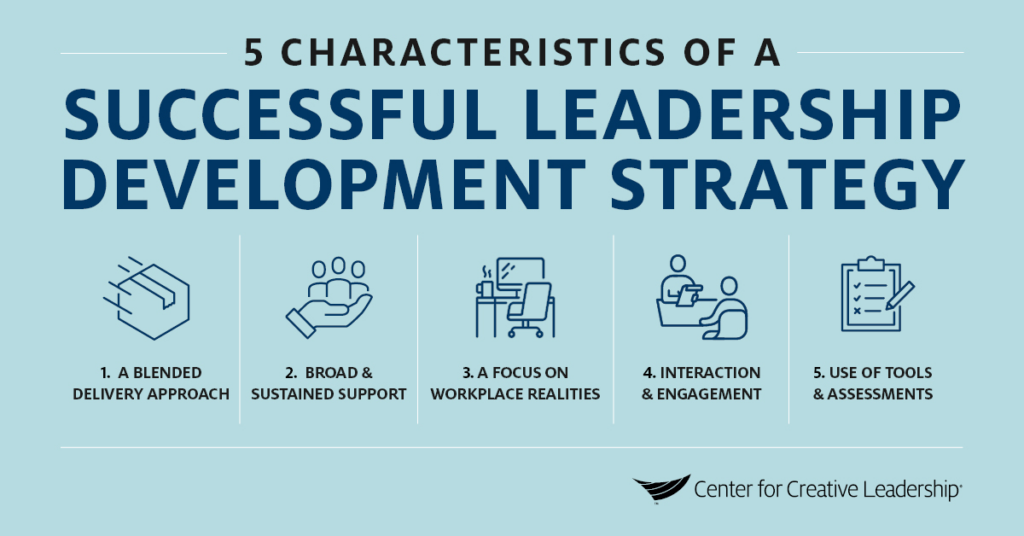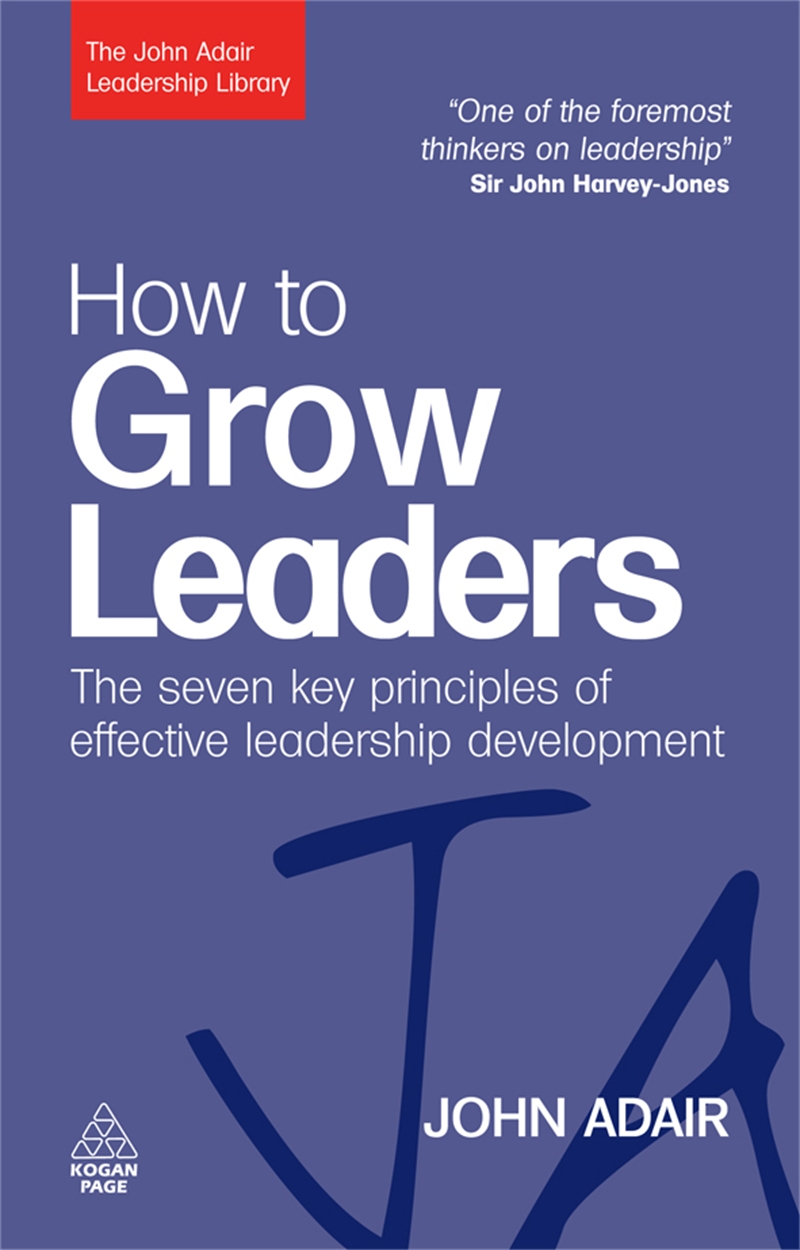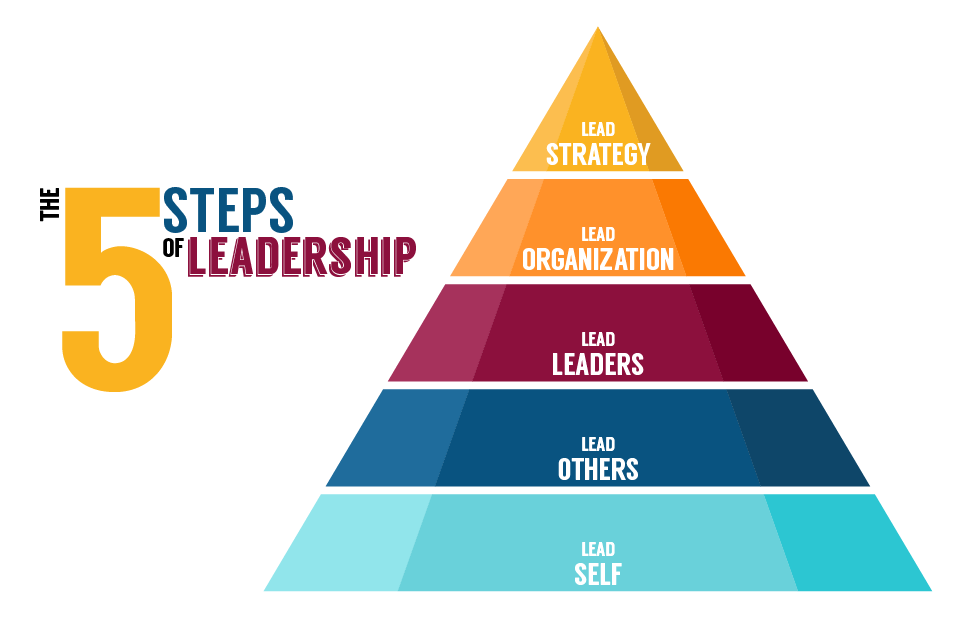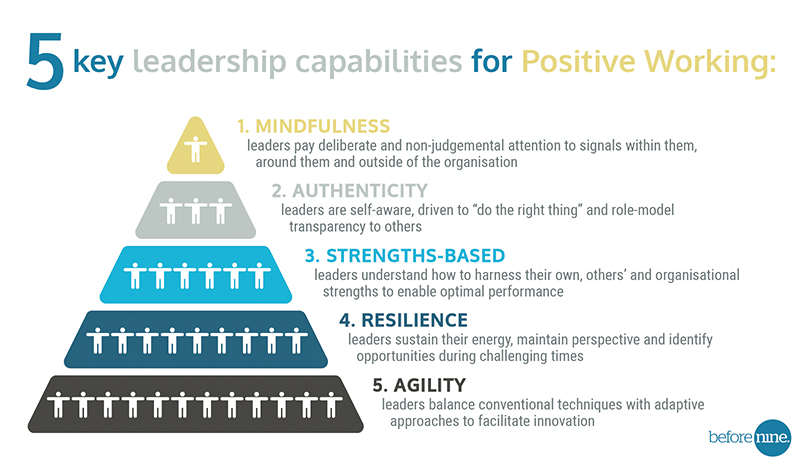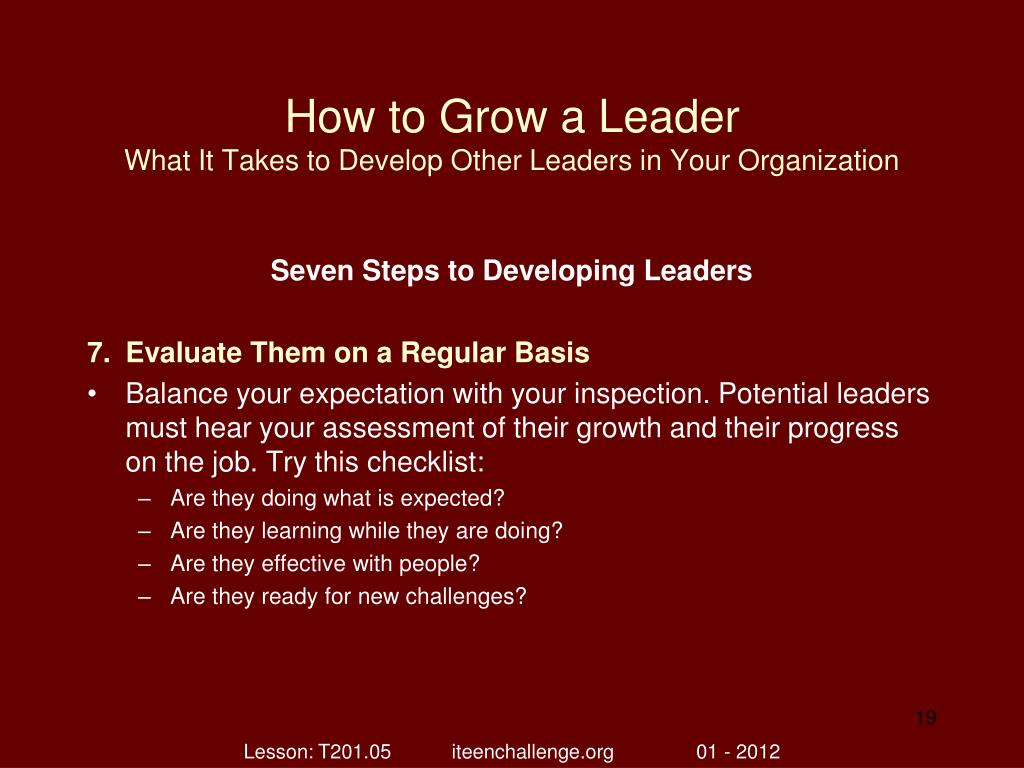How To Grow And Develop As A Leader

The demand for effective leadership is critical across all sectors, from bustling startups to established corporations. Learning to lead effectively isn't a talent you're born with; it's a skill that's honed through persistent effort, strategic learning, and actionable feedback.
This article distills proven methods for cultivating leadership capabilities, providing readers with a pragmatic roadmap. Discover actionable insights to immediately enhance your influence, communication, and strategic decision-making, leading to significant career advancements and organizational impact.
Self-Awareness: The Foundation of Leadership
Before leading others, you must first understand yourself. Engage in honest self-reflection to identify your strengths, weaknesses, values, and biases.
Tools like the Myers-Briggs Type Indicator (MBTI) or StrengthsFinder can offer valuable insights. Cultivate a growth mindset to turn weaknesses into areas of opportunity.
Mastering Communication Skills
Effective communication is paramount for any leader. Hone your ability to articulate vision, provide clear instructions, and actively listen to your team.
Attend workshops on public speaking and active listening. Practice delivering concise, impactful messages, and seek feedback from colleagues.
Developing Emotional Intelligence (EQ)
Emotional Intelligence, or EQ, is the ability to understand and manage your own emotions and those of others. Leaders with high EQ can build stronger relationships, resolve conflicts effectively, and inspire their teams.
According to a TalentSmart study, 90% of top performers have high EQ. Practice empathy, self-regulation, and social skills to boost your EQ.
Strategic Thinking and Decision-Making
Leadership requires the ability to think strategically and make sound decisions, often under pressure. Develop your analytical skills and learn to assess risks and opportunities effectively.
Harvard Business Review reports that strategic leaders outperform their peers by 26%. Learn to use frameworks like SWOT analysis and scenario planning.
Seeking and Embracing Feedback
Feedback is essential for continuous improvement. Actively seek feedback from your team, peers, and superiors, and be open to constructive criticism.
Implement a 360-degree feedback process. Use feedback to identify blind spots and adjust your leadership style accordingly.
Mentorship and Coaching
Find a mentor who can provide guidance and support. Mentorship can offer invaluable insights and help you navigate challenges.
Consider becoming a mentor yourself to reinforce your leadership skills. Sharing your knowledge can also help you refine your leadership approach.
Continuous Learning and Development
Leadership is a journey, not a destination. Commit to lifelong learning and development.
Attend industry conferences, read leadership books, and enroll in online courses. Stay abreast of the latest trends and best practices in leadership.
Building a Strong Network
Networking can provide access to new ideas, resources, and opportunities. Cultivate relationships with other leaders and industry experts.
Attend networking events and join professional organizations. Engage with your network online and offline to build strong, lasting connections.
Delegation and Empowerment
Effective leaders delegate tasks effectively and empower their teams. Trust your team members to take ownership and make decisions.
According to a Gallup study, companies with high levels of employee engagement outperform their competitors by 21%. Learn to delegate tasks that align with your team members' strengths.
Taking Initiative and Leading by Example
Leaders inspire others through their actions. Take initiative, demonstrate commitment, and lead by example.
Show integrity, be accountable, and consistently strive for excellence. Your actions will speak louder than words.
Next Steps: Implement and Evaluate
Start implementing these strategies today to begin your leadership journey. Regularly evaluate your progress and make adjustments as needed.
Track your growth using key performance indicators (KPIs). Seek regular feedback and adapt your approach to stay ahead of the curve.
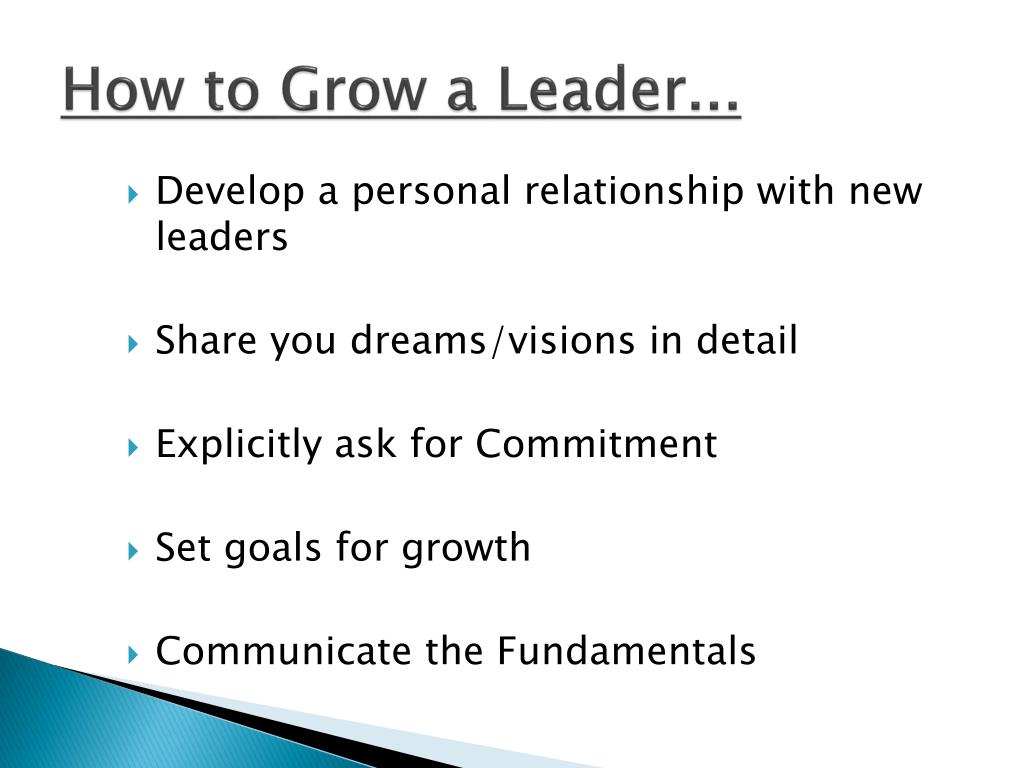
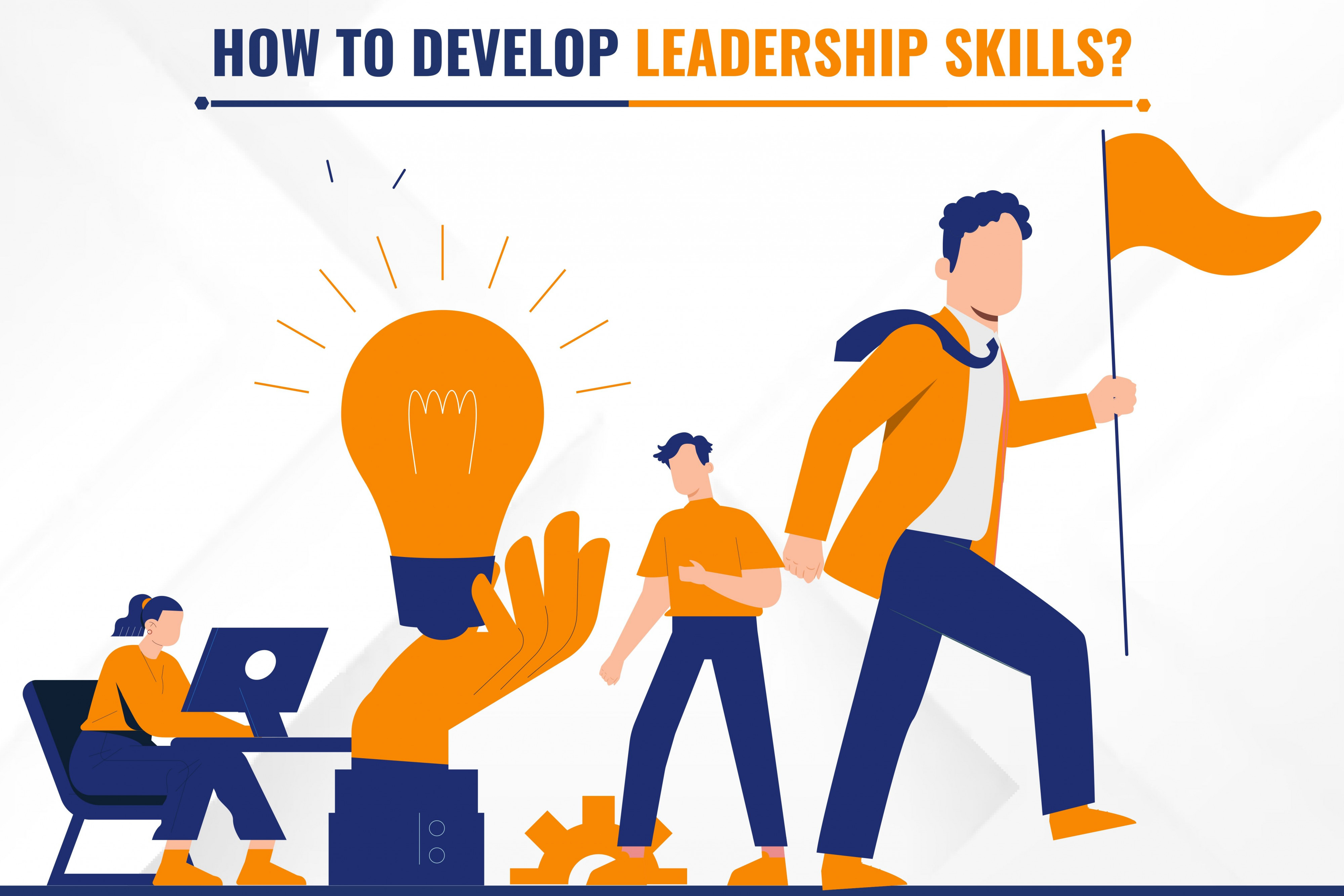


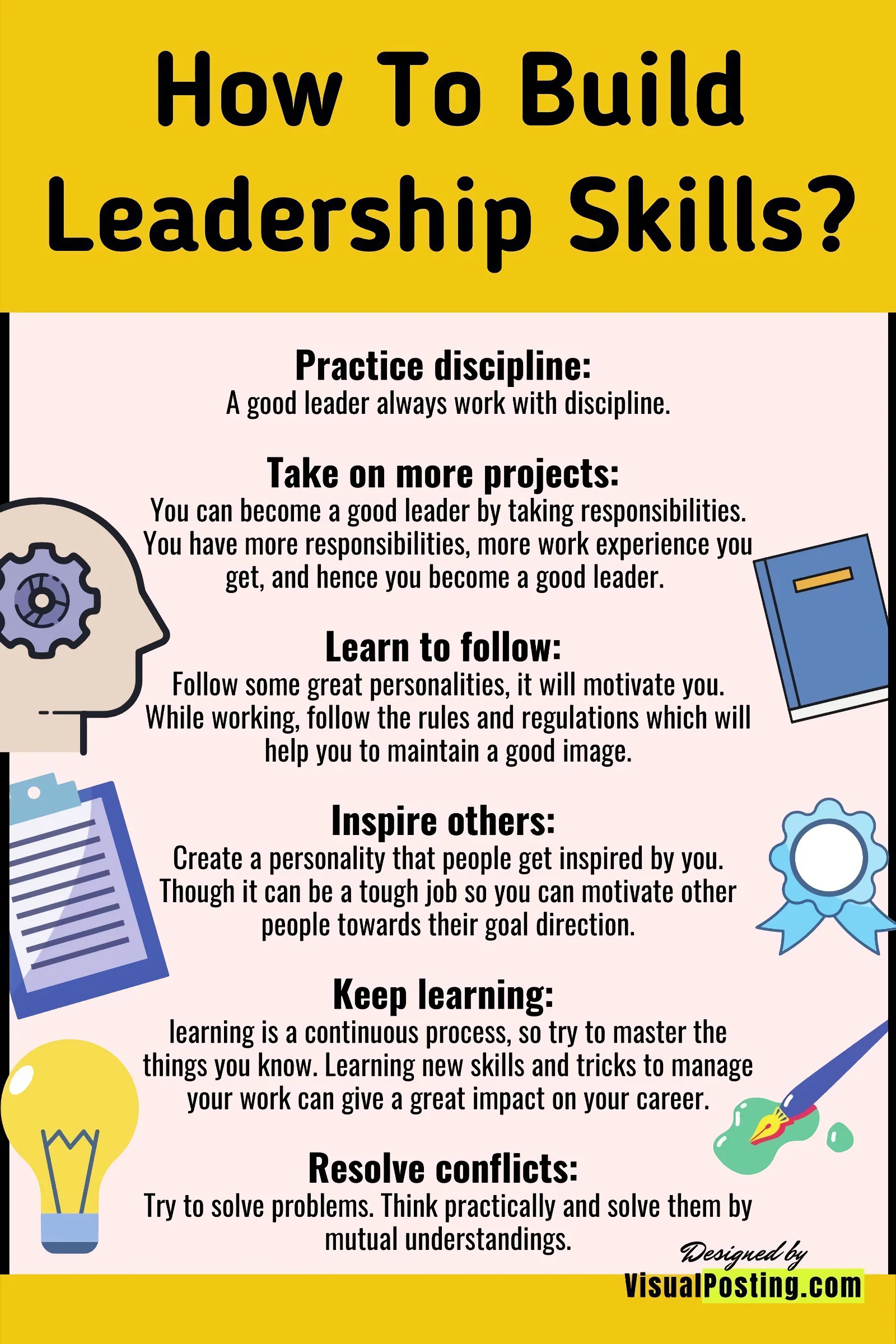
![How To Grow And Develop As A Leader Effective Leadership Development [Infographic]](https://www.rhythmsystems.com/hs-fs/hubfs/Slide3-1.png?width=720&name=Slide3-1.png)

